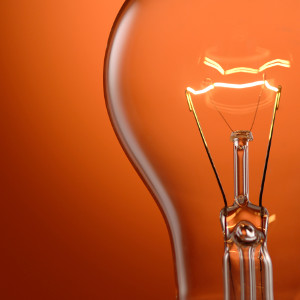NRG Expert has also identified another, perhaps more challenging, threat to energy security: there is a serious lack of power generation capacity under construction or in the planning stages. We estimate that by 2032 electricity demand will not meet electricity supply unless new, currently unplanned generation capacity is brought online. This issue may be further exacerbated by the problems detailed above.
It will only be a matter of time before these issues begin to manifest themselves. Indeed, many of them already have. It is unlikely that there will be a single, catchall solution. Rather, a network of approaches working in tandem appears to be the most likely outcome. Two large classes of such technology, energy storage and energy efficiency have been identified by NRG Expert as possible contributors to the type of diversified “smart grid” that could address many of these issues.
Advancements in energy storage technologies could mean better integration of intermittent renewable energy into the grid. Modern grid systems require predicable and controllable flows of energy that cannot be provided by renewable sources unless the intermittent generation was stored for later use. In addition, storage technologies could allow delay in the production of additional generating capacity, mitigating the need for expensive “peaking” plants to meet spikes in demand.
Energy efficiency, particularly regarding power generation, industrial demand, transportation and the residential or commercial sector can also help address these issues. The reuse of waste heat in power generation and industrial facilities, micro hybrid vehicles equipped with stop/start technology, advances in conventional vehicle engines, advances in lighting and re-evaluations of indoor climate control practices are just some of the up-and-coming developments that may be major players in the future.






